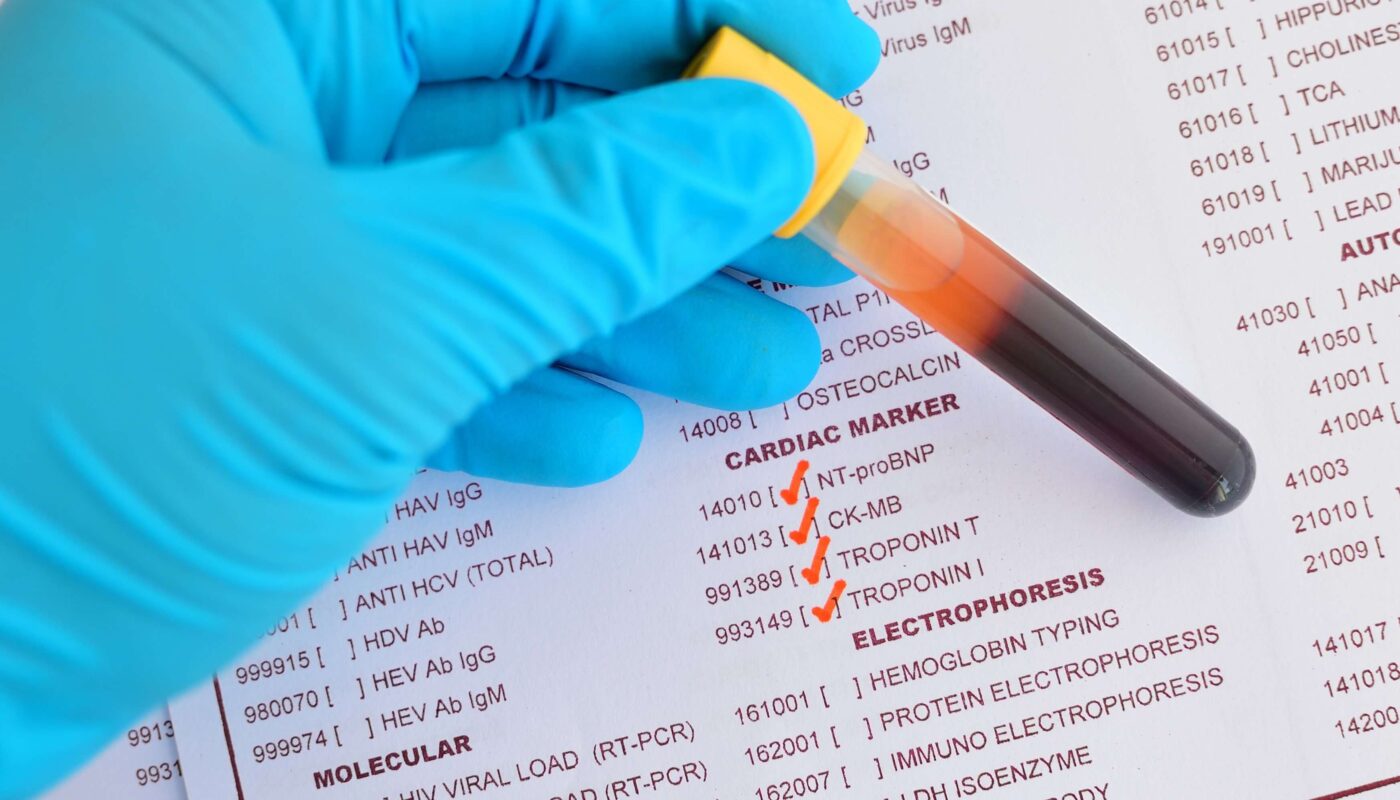A groundbreaking study conducted by the University of Edinburgh has shown that a high sensitivity blood test can greatly improve the diagnosis of heart muscle injuries in patients. This novel approach to measuring troponin, a protein released into the blood after a heart injury, has the potential to reduce future heart attacks in at-risk patients by 10% over the course of five years.
The study, which took place in A&E departments, identified patients with heart muscle injuries caused by various heart conditions, including heart failure, heart valve conditions, and heart arrhythmias, as the ones who benefited most from the new test. These patients experienced a nearly 10% decline in future hospital admissions and deaths within five years after undergoing the new test, compared to those who were evaluated using the older, less sensitive test. The research findings were published in the BMJ.
The updated test is able to accurately measure extremely low levels of troponin in the blood, surpassing the capabilities of previous versions. Troponin is typically released into the bloodstream during a heart attack or when the heart sustains injury due to other heart conditions. Various troponin blood tests have long been utilized by doctors to assist in diagnosing these conditions in individuals experiencing chest pains and related symptoms.
The research team examined data from nearly 50,000 individuals who arrived at ten different emergency departments across Scotland between 2013 and 2016 with suspicions of a heart attack. By utilizing routinely collected health record data and the DataLoch data service, the researchers followed all participants for a period of five years.
With the help of the newly implemented test, it was revealed that more than 10,000 patients exhibited high levels of troponin, indicating heart injury. The high sensitivity of the test allowed for the identification of subtle warning signs in approximately one in five of these patients, who otherwise may have been overlooked and left untreated.
By detecting heart injuries in patients who may have otherwise gone undiagnosed, the researchers believe that more individuals can receive the specialized care they require to prevent more serious events in the future. The United Kingdom is at the forefront of heart attack and heart injury detection due to the widespread introduction of the new test in emergency departments across the country.
In the past, clinicians may have been misled by the results of less sensitive troponin tests, potentially discharging patients who appeared not to have heart disease. This highly sensitive test serves as a vital tool, prompting clinicians to dig deeper and aiding in the identification and treatment of both heart attacks and less obvious heart problems. The trial demonstrated that the introduction of this test resulted in a significant reduction in the number of future heart attacks and deaths among the at-risk group, according to Dr. Ken Lee, clinical lecturer in cardiology at the University of Edinburgh.
Medical professionals in emergency departments require efficient and accurate tools to provide optimal care to patients, especially those suspected of having a heart attack. This time-sensitive and life-threatening condition necessitates the use of the best diagnostic tests available. It is encouraging to see that the test employed in this trial is superior in predicting long-term outcomes for patients, whether they have suffered a heart attack or a different type of heart injury, stated Professor Sir Nilesh Samani, medical director at the British Heart Foundation.
The implementation of this highly sensitive blood test signifies a major advancement in emergency diagnosis of heart conditions, allowing for early detection and appropriate treatment. With further research and continued development, this technology has the potential to save countless lives and improve the overall prognosis for individuals with heart injuries.
*Note:
1. Source: Coherent Market Insights, Public sources, Desk research
2. We have leveraged AI tools to mine information and compile it



